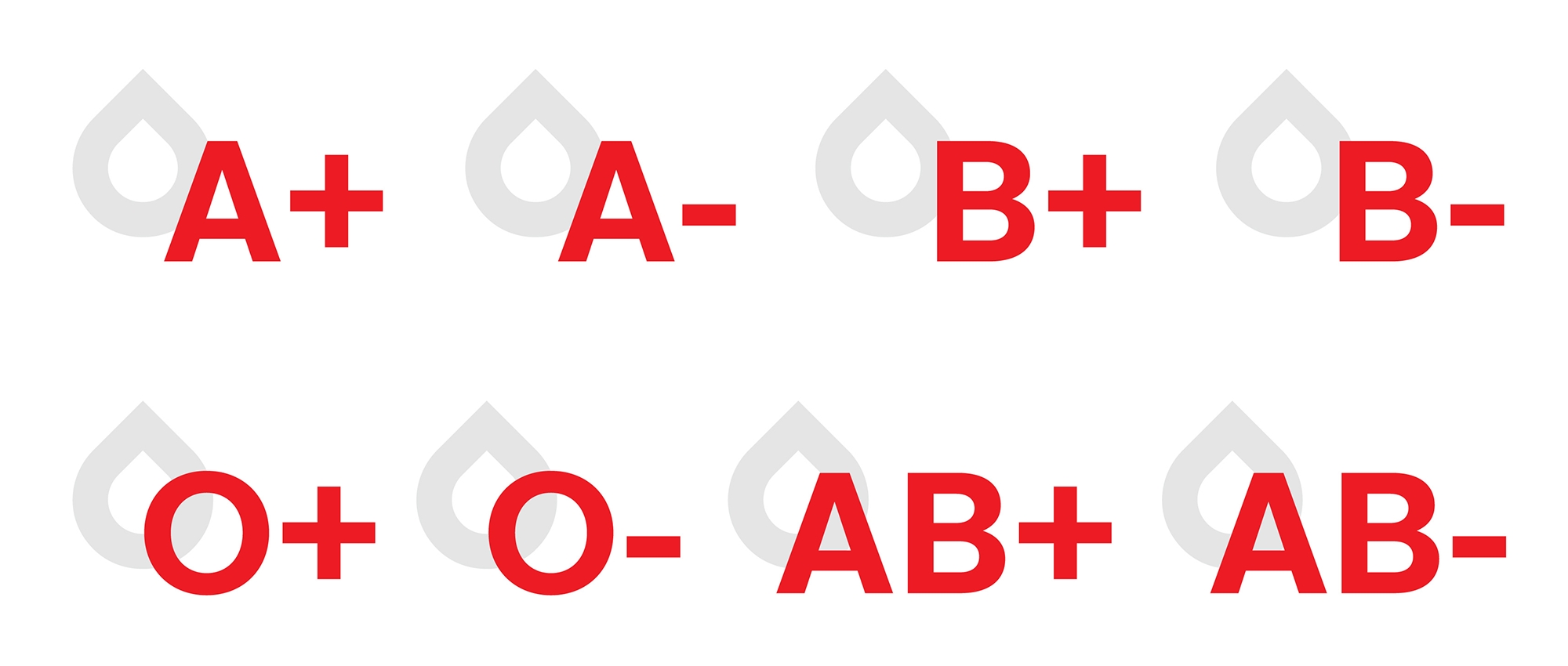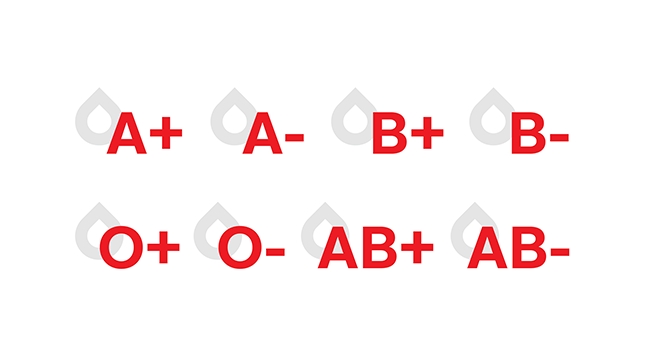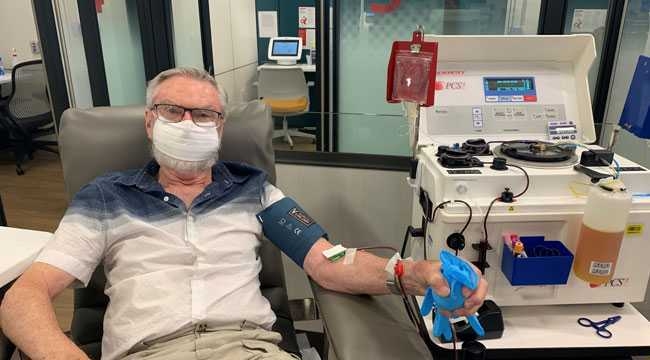Blood types in Canada: how common or rare are they?
Did you know that blood types are classified into different groups? And within each group, blood types can be further classified as rare or common. In this blog post, we will look at different blood types and see how common or rare they are in Canada.
Blood type percentages
There are four main blood groups: A, B, AB and O. In addition to the ABO blood type, everyone is classified for their RHD typing, meaning that they either express or don't express a protein called the RhD antigen on their red blood cells. For example, blood type A can be either A-positive or A-negative. The most common blood type in Canada is O-positive, followed by A-positive. Blood type AB-negative is the least common blood type in Canada.
Blood type percentages in Canada are as follows:
- 39 per cent of people have O-positive blood type
- 36 per cent of people have A-positive blood type
- 7.6 per cent of people have B-positive blood type
- 7 per cent of people have O-negative blood type
- 6 per cent of people have A-negative blood type
- 2.5 per cent of people have AB-positive blood type
- 1.4 per cent of people have B-negative blood type
- 0.5 per cent of people have AB-negative blood type
What is the least common blood type?
AB-negative blood is the least common blood type in Canada.
What is the most common blood type?
O-positive is the most common blood type in Canada.
Are all blood types important?
As you can see, certain blood types are more common than others. However, all blood types are important and required for blood transfusions. So, if you are ever in need of a blood transfusion, know that there is always a blood donor out there who has the same blood type as you.
What are rare blood types?
Did you know that some people’s blood is rarer than others? For these folks, it’s not just about being type A, B, O or AB. On the surface of our red blood cells are proteins called antigens. There are more than 400 known antigens — and some combinations of antigens are far less common than others.
Whenever a blood transfusion is required, time is of the essence. But if someone in need has a rare blood type, finding a matching donor can be hard. Through Canadian Blood Services’ rare blood program, we make sure lifesaving rare blood is available to patients whenever and wherever it’s needed. So, what does this all mean? Well, if you have a rare blood type, it means that you may be called to donate for a patient with the same rare blood type. That's why it's important to donate blood regularly if you are able!
You're our type!
There you have it! A breakdown of blood types in Canada and how common or rare they are. We hope this has been educational and you now have a better understanding of blood types. As always, if you have any questions or would like to learn more, please feel free to reach us at 1-888-2-DONATE.



